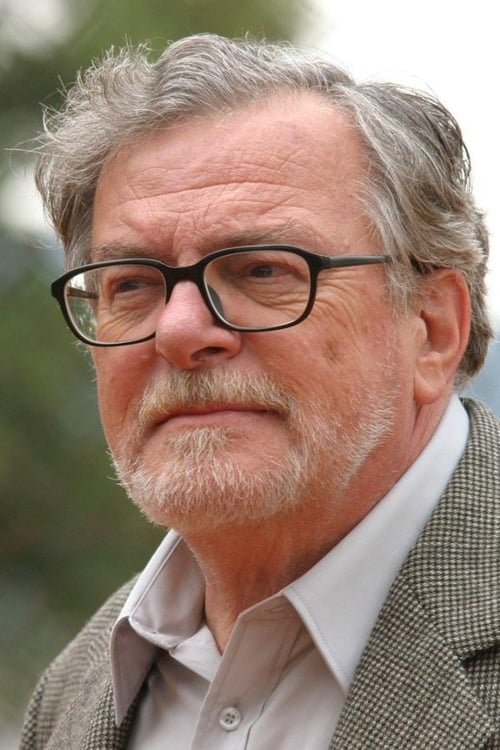Respice finem (1968)
Genre : Documentary
Runtime : 15M
Director : Jan Špáta
Writer : Jan Špáta
Synopsis
"A refined film essay about the loneliness, wisdom and humility of old women. The film, most valued by Jan Špáta, was awarded the Grand Prize at the International Short Film Festival in Oberhausen, the Trilobit Award and Special Mention at the IFF in Karlovy Vary."
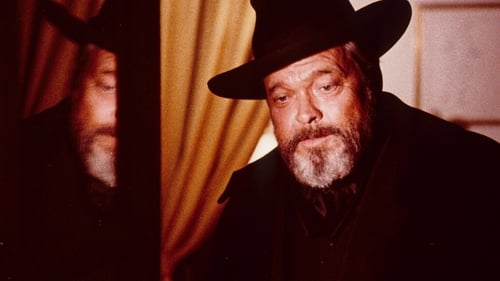
Documents the lives of infamous fakers Elmyr de Hory and Clifford Irving. De Hory, who later committed suicide to avoid more prison time, made his name by selling forged works of art by painters like Picasso and Matisse. Irving was infamous for writing a fake autobiography of Howard Hughes. Welles moves between documentary and fiction as he examines the fundamental elements of fraud and the people who commit fraud at the expense of others.
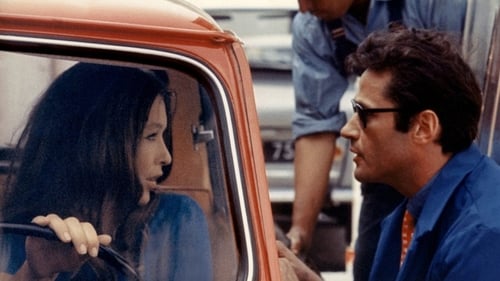
As the city of Paris and the French people grow in consumer culture, a housewife living in a high-rise apartment with her husband and two children takes to prostitution to help pay the bills.

A short film essay on Blue Velvet (1986) and The Man Who Fell to Earth (1976). The fact that Blue Velvet was almost shot in black and white is explored in comparison with the original scenes, as the choices of different directors (within a ten-year interval) when choosing Roy Orbison's music for their films.

How do you put a life into 500 words? Ask the staff obituary writers at the New York Times. OBIT is a first-ever glimpse into the daily rituals, joys and existential angst of the Times obit writers, as they chronicle life after death on the front lines of history.

For just forty days, filmmaker and writer Mark Cousins embarks on a peculiar journey in order to explore topics as the passion for cinema and certain aspects related to making films as style, ideas, emotions and practicalities; an ambitious exploration of the universal language of cinema by analyzing pieces of work that cross every artistic and cultural boundaries.

An essay-film about images and politicians.

An atmospheric essay, which is an alternative version of Count Dracula, a film directed by Jess Franco in 1970; a ghostly narration between fiction and reality.

A girl haunted by traumatic events takes us on a mesmerising journey through 100 years of horror cinema to explore how filmmakers scare us – and why we let them.
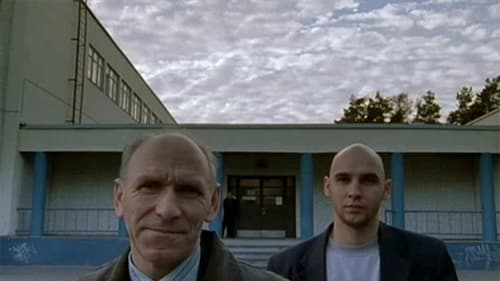
Twenty-five films from twenty-five European countries by twenty-five European directors.
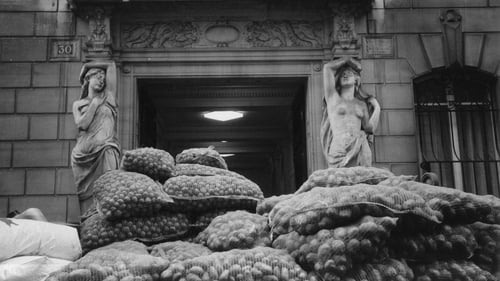
Commissioned by French television, this is a short documentary on the neo-classical statues found throughout Paris, predominantly on the walls of buildings, holding up windows, roofs etc.
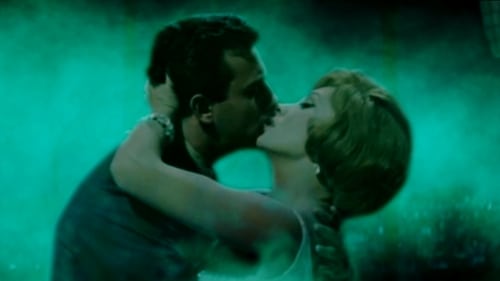
A tribute to a fascinating film shot by Alfred Hitchcock in 1958, starring James Stewart and Kim Novak, and to the city of San Francisco, California, where the magic was created; but also a challenge: how to pay homage to a masterpiece without using its footage; how to do it simply by gathering images from various sources, all of them haunted by the curse of a mysterious green fog that seems to cause irrepressible vertigo…

CREMASTER 4 (1994) adheres most closely to the project's biological model. This penultimate episode describes the system's onward rush toward descension despite its resistance to division. The logo for this chapter is the Manx triskelion - three identical armored legs revolving around a central axis. Set on the Isle of Man, the film absorbs the island's folklore ...

An essay about films about flying.

A provocative and poetic exploration of how the British people have seen their own land through more than a century of cinema. A hallucinated journey of immense beauty and brutality. A kaleidoscopic essay on how magic and madness have linked human beings to nature since the beginning of time.
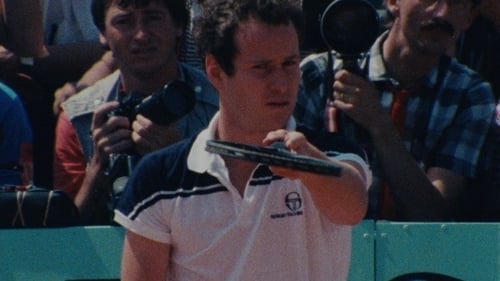
An immersive film essay on tennis legend John McEnroe at the height of his career as the world champion, documenting his strive for perfection, frustrations, and the hardest loss of his career at the 1984 Roland-Garros French Open.

A group of musicians seem isolated from the world playing beautiful pieces. But in the darkness of the night, and from their minds, there are melancholies on earth, loves and families that they left behind. Their silences, their letters, these elements shape the poetic intention of this documentary.

In this deeply personal video diary, a young researcher tries to make sense of her fascination for the film "The Pain of Others" by Penny Lane. A deep dive into the discomforting world of YouTube and online conspiracies, that challenges traditional notions of what documentary cinema is, or should be.


A rose is a rose by any other name would be, well, something different, particularly if the rose was a woman. This tape is a witty and thoughtful exploration of naming and the importance of names in knowing who you are and where you come from, particularly in a world where you meet so many people but get to know so few. Christine Stewart s teasing voiceover and sly visuals slip between the pages of the phone book to provide a cunning directory to the loss of women's names, the anonymity that makes them feel safe and the eclipse of their identity in shedding their maiden names. Rich colours, great found footage and insightful musing open up traces of history in the story behind Jane Doe.
